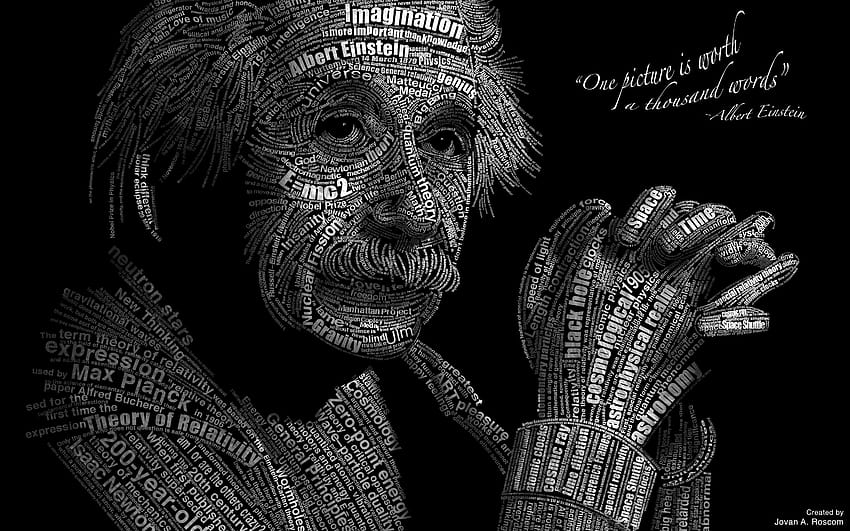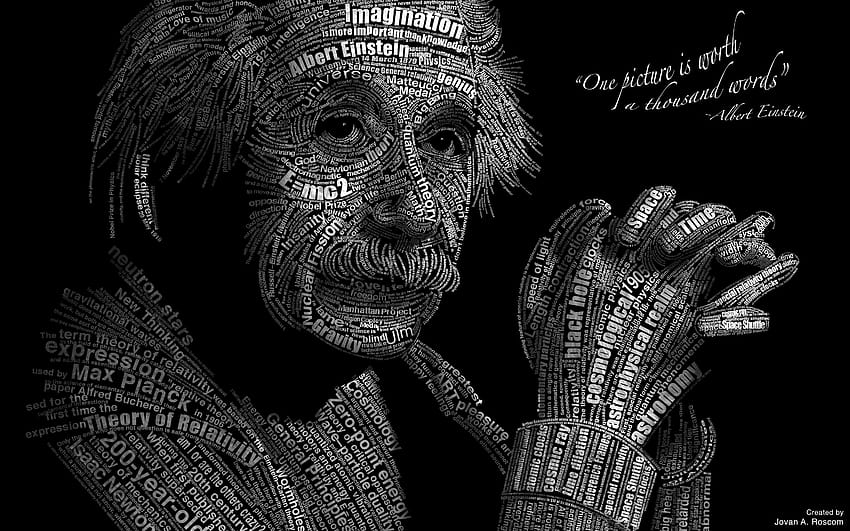The rapid advancement of technology has indeed transformed our lives, and speculating on the potential future developments is an intriguing exercise. Here's a paraphrased version of the provided text:
Since the beginning of the 21st century, technological progress has dramatically altered our reality, turning once-fantastical dreams into tangible aspects of our daily lives. Looking ahead to the next 30 years, various futuristic possibilities emerge.
Nanotechnology, a field witnessing exciting breakthroughs, holds the promise of integrating nanobots into our brains. This could establish a seamless connection to the virtual world through brain-computer interface technology, enhancing human capabilities with swift access to vast information and problem-solving solutions. Such a future might render conventional gadgets obsolete.
Another frontier of technological evolution is 3D printing. Although already advanced, expectations for 2050 include further sophistication, potentially enabling the printing of tools, transportation, and even food. The prospect of affordable 3D printers for food could revolutionize the fight against world hunger.
Medical advancements also loom large on the horizon. The fusion of nanotechnology with brain-computer interface technology could transcend the finality of death by transferring and storing brain data, including memories, into computers or advanced humanoid robots. While this raises ethical and accessibility concerns, the potential cure for serious diseases, including cancer, is a hopeful prospect.
Transportation is poised for a transformative shift, with the rise of self-driving vehicles and ambitious projects like the hyperloop, promising faster, cleaner, and more efficient travel. Additionally, the future of fuel is expected to be rooted in renewable energy sources, addressing environmental concerns.
Space exploration, driven by companies like SpaceX and Blue Origin, anticipates not only technological breakthroughs but also the emergence of space tourism. By 2050, colonies on other planets might be within reach for those with the means to embark on interplanetary journeys.
Artificial intelligence (AI) is on an upward trajectory, with predictions of surpassing human brain processing power. While concerns about the job market and the potential robo-apocalypse persist, the rise of AI could revolutionize various industries, ushering in a more interconnected, data-driven world.
Education is also set for transformation, with a shift towards completely digital schools and a surge in online higher education. AI-powered robots might take on roles such as preparing course materials and delivering lectures.
The metaverse, a virtual reality environment, is expected to offer immersive experiences such as virtual travel and shopping, further blurring the lines between the physical and virtual worlds.
Money is poised to undergo a digital revolution, with cash becoming obsolete in favor of virtual transactions facilitated by AI and decentralized finance.
Smart homes, already a reality, are projected to become more sophisticated, featuring AI activation functions that anticipate residents' needs. Interactive hologram televisions and mind-controlled devices could redefine our interactions with technology.
In essence, while this vision of the future is speculative, it is rooted in the ongoing development of current technologies. The pace of technological progress suggests that the world in 2050 could indeed be vastly different, posing both challenges and opportunities for society as a whole.



